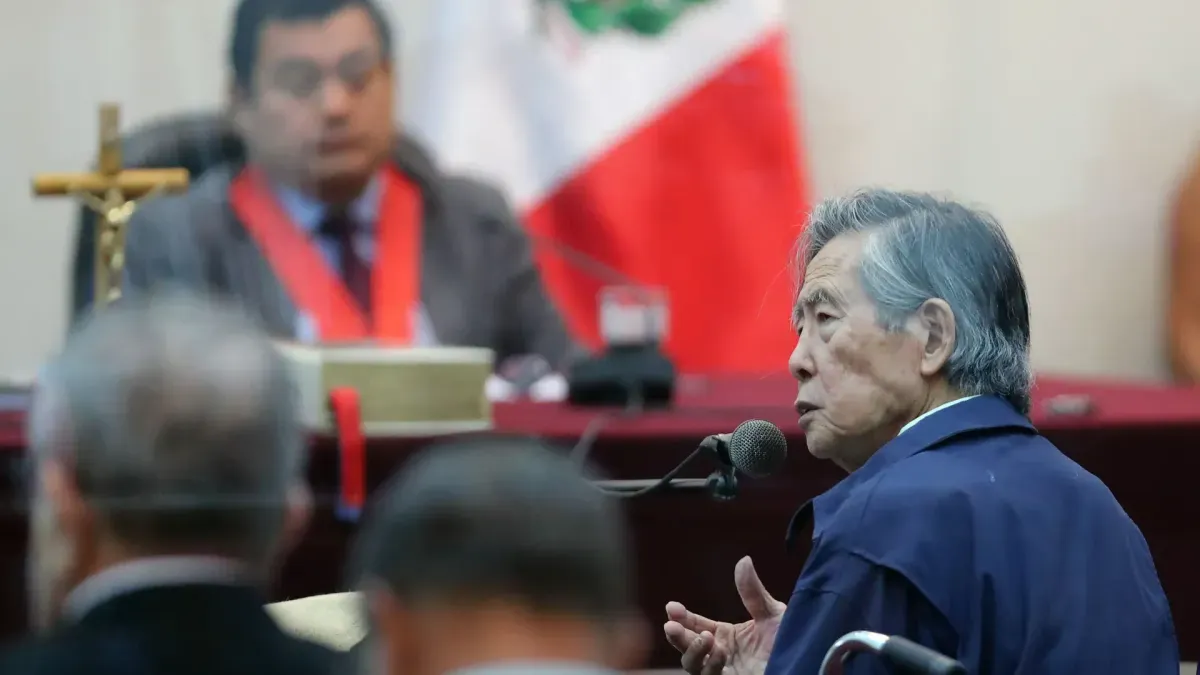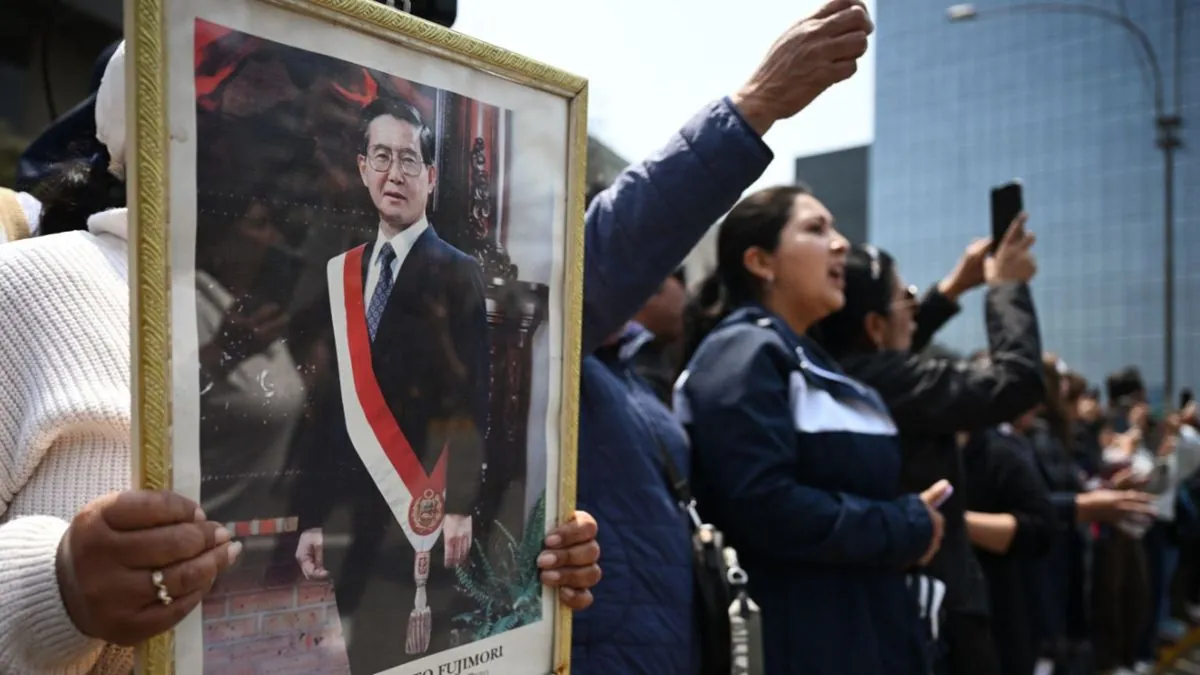Peru Divided as Former President Fujimori's Complex Legacy Debated
Peru mourns former President Alberto Fujimori, who died at 86, sparking nationwide debate. His economic reforms and anti-terrorism efforts are praised, while human rights abuses during his rule remain controversial.

Peru finds itself at a crossroads as it bids farewell to Alberto Fujimori, the former president who passed away on September 13, 2024, at the age of 86. The nation's reaction to his death reflects the deep divisions that have long characterized Fujimori's legacy.
Fujimori, the son of Japanese immigrants, rose to power in the 1990s during a tumultuous period in Peru's history. His presidency was marked by significant economic reforms and a successful campaign against the Shining Path terrorist group. These achievements have earned him lasting support among many Peruvians.
Felicita Ruiz, who traveled from the Andean region of Ayacucho to pay her respects, expressed gratitude for Fujimori's efforts: "Thanks to him, terrorism is over." This sentiment is echoed by many who credit Fujimori with bringing stability to a nation that had been plagued by violence and economic turmoil.

However, Fujimori's tenure was not without controversy. His administration was marred by allegations of human rights abuses and corruption. In 2009, he was sentenced to 25 years in prison for his role as the "indirect author" in the killing of 25 people, including a child. This conviction, along with other allegations, has cast a long shadow over his legacy.
"This tribute is an insult."
The forced sterilization program implemented during Fujimori's presidency remains a particularly contentious issue. Approximately 300,000 women were sterilized in a national campaign aimed at reducing poverty in rural areas. Many allege these procedures were performed without proper consent.
Despite these controversies, Fujimori is credited with implementing free-market economic policies that helped stabilize Peru's economy. His approach, similar to that of former Chilean dictator Augusto Pinochet, set Peru on a path to becoming one of Latin America's most stable economies.
The timing of Fujimori's death is noteworthy, occurring exactly three years after the passing of his fierce enemy, Abimael Guzman, the leader of the Shining Path. This coincidence serves as a reminder of the complex and often violent history that shaped Peru during Fujimori's era.
As Peru grapples with its current political instability, having seen six presidents in seven years, some look back on Fujimori's time in office with nostalgia. Yusi Canchari, who traveled hours to view Fujimori's body, expressed hope that he could have become president again, a sentiment shared by some who remember his contributions to infrastructure and social programs.
The debate surrounding Fujimori's legacy is likely to continue long after his burial. His presidency, which saw the implementation of significant social programs and the capture of Shining Path leader Abimael Guzmán, also witnessed the creation of the controversial National Intelligence Service (SIN) and the operation of the Grupo Colina death squad.
As Peru moves forward, it must reconcile the various aspects of Fujimori's legacy – from economic reforms and anti-terrorism efforts to human rights abuses and corruption. The nation's ability to address this complex history may well shape its political and social landscape for years to come.


































